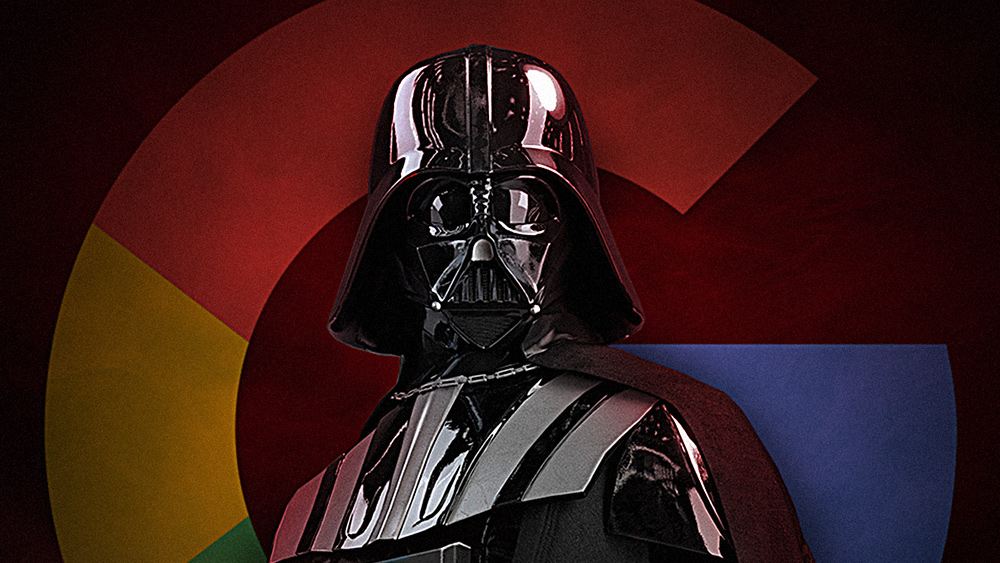SKYNET Judges: Will human judges be replaced by AI court computers?
05/19/2017 / By Ethan Huff

Researchers from the Illinois Institute of Technology in Chicago and the South Texas College of Law are attempting to make the case that computers are better than people when it comes to handling legal matters. New data they recently put forth suggests that robots may have the ability to outperform actual human beings at accurately predicting the outcome of court cases, and are thus better equipped to take the reigns in handling such affairs.
After plugging in court case data spanning as far back as 1791, the research team from the two schools developed an algorithm that they claim successfully predicted a majority of the 28,000 court decisions made during this time. As many as 70.2 percent of these decisions were accurately predicted by the algorithm, as were 71.9 percent of the 240,000 Supreme Court justice votes made between 1868 and 2015.
This might not sound all that impressive until realizing that human experts at the top of their class have a prediction success rate of only 66 percent. As a percentage, this computes to at least a six percent higher accuracy rate for computer algorithms compared to the cream of the crop human assessors who study law for many years before offering up predictions about which way Supreme Court decisions will swing on a given issue.
“There is significant public interest in trying to predict the behavior of the Supreme Court, as well as a range of other courts,” Professor Daniel Katz, a law instructor, “legal futurist,” and lead author of the study told Digital Trends.
“Historically, this prediction task was exclusively centered around human experts. In the end, whether in medicine, finance, or law, the age of the expert is giving way to a new paradigm: blended streams of intelligence. The proper question is how to optimally blend expertise with statistical models. This paper represents a step in that direction.”
His complete paper, entitled “A general approach for predicting the behavior of the Supreme Court of the United States,” is published in the open-access journal PLoS One.
If computers are so good at predicting court decisions, one might argue that they’re better at making them as well
While the technology is centered around predicting the outcomes of court cases decided upon by real humans, it seems to open up the door to the possibility that one day it could be used to make court decisions in lieu of real humans. The fictional concept of “Skynet,” as popularized by the famous Terminator movie series, seems to be gradually unfolding into a real-life nightmare where computers increasingly control every aspect of human life.
Artificial intelligence is already creeping into almost every other aspect of our lives, from mobile phone assistants like “Siri,” to Amazon’s “Alexa” assistant for its Echo device. Even home appliances like thermostats, ovens, and refrigerators are becoming robotic in nature as companies like LG unveil “smart” technology “upgrades” that allow these devices to perform actions on their own through algorithmic “learning.” (RELATED: More on artificial intelligence systems and how they’re taking over the world is available at AISystems.News)
Katz and his colleagues are already discussing how their technology could one day be used to “help lawyers frame their arguments,” as in help them make critical decisions about law and how humans should be treated with regards to it. This is quite literally suggestive of a potential (but hopefully preventable) future in which robots act as both judge and jury in deciding the fates of the human beings over whom they rule.
Sources:
RECENT NEWS & ARTICLES
COPYRIGHT © 2017 COMPUTING NEWS




















